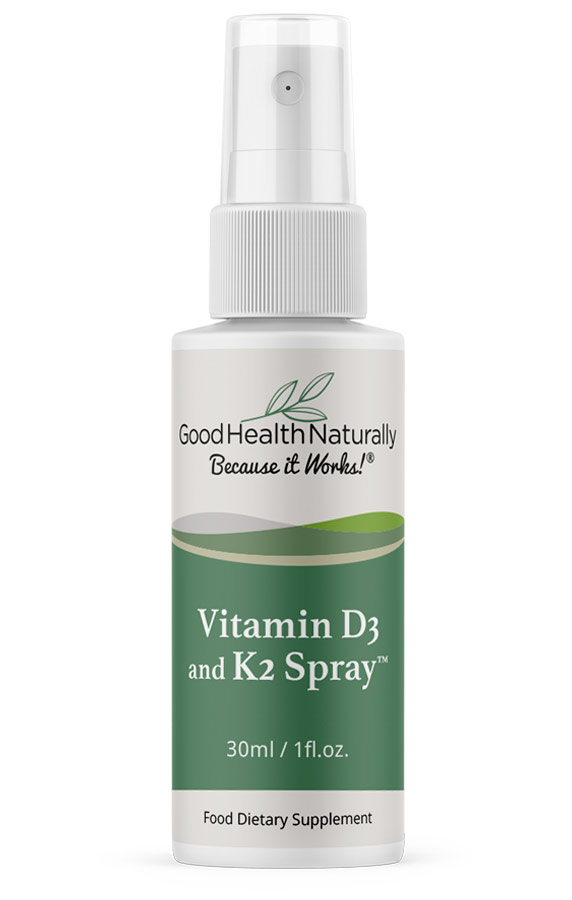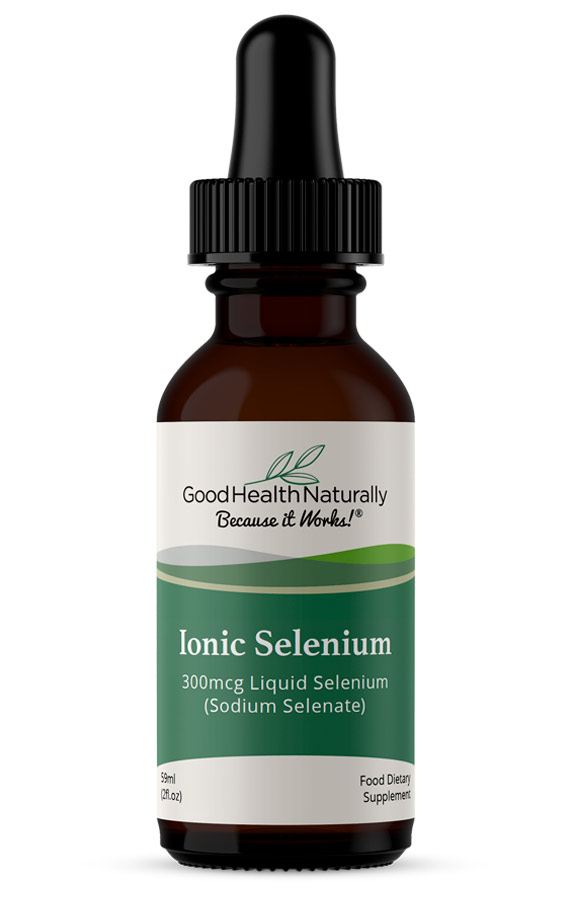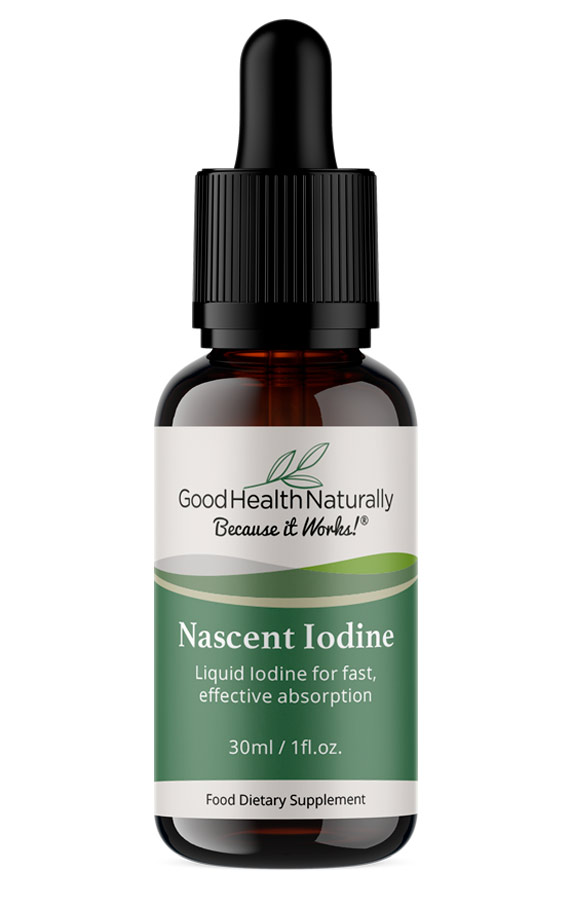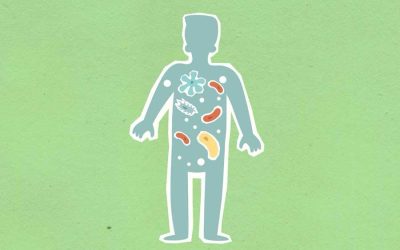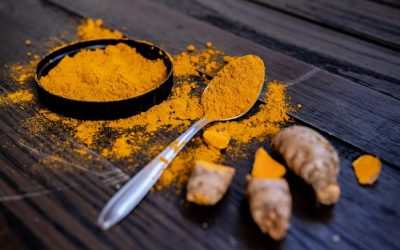Supermarkets are now well stocked with vegan products, making it easy to load up on items like vegan burgers and dairy-free alternatives. While many of these products are convenient, they can also be highly processed. If consumed occasionally, they are fine, but regularly relying on these foods may not be ideal for health. Whether you’re committing to a plant-based diet for a month or longer, it’s essential to ensure your meals are well-planned to avoid missing out on key nutrients.
Here are our seven tips for Veganuary:
- Vitamin B12
This B vitamin is only really found in animal products, so it’s all too easy for vegans to end up deficient and heading towards major health problems. B12 is crucial for the formation of red blood cells, which carry oxygen throughout the body. It also plays a role in lowering harmful homocysteine levels, a risk factor for cardiovascular disease, macular degeneration, and cognitive decline.Additionally, B12 is important for the nervous system. It helps produce myelin, the fatty substance that insulates nerves and allows signals to travel from the brain and spinal cord to the rest of the body, enabling movement and sensation. A deficiency can lead to symptoms like tingling in the hands and feet and, in severe cases, permanent nerve damage.
The only vegan sources of B12 are fortified foods like nutritional yeast, cereals, plant-based milks, and cheeses or supplements.
- Vitamin D
Vegans may be at greater risk of vitamin D deficiency because the best sources are primarily animal-based. It is well known that vitamin D is essential for healthy bones, teeth, and muscles. Low levels have been associated with an increased risk of heart disease, cancer, diabetes, autoimmune diseases, depression and chronic pain.Vitamin D is known as the “sunshine vitamin” because it’s produced when our skin is exposed to sunlight. However, during the winter months in places like the UK, the sun’s rays are insufficient for vitamin D production. For this reason, it is recommended that everyone, not just vegans, take a vitamin D supplement from October to March. One of our tips for Veganuary is to find vegan-friendly D3 supplements derived from lichen.
- Iodine
It is estimated that 80% of vegans and a quarter of vegetarians are at risk for iodine deficiency, compared to just 9% of people who eat animal products. Most plants do not require this mineral for growth, so contents vary and tend to be low. Iodine is crucial for thyroid health and supports immunity and brain function. A deficiency can lead to fatigue, hair loss, and even memory problems. Vegan sources include fortified foods like milk and yoghurt alternatives or supplements. - Selenium
Selenium is important as it helps our bodies fight infections, protects cells and tissues from damage and is important for prostate health. Like iodine, it’s often lacking in plant-based diets because plants don’t require selenium for growth, and soil quality can affect its availability. The selenium content of plants can vary greatly depending on the soil in which they are grown, and low-selenium soil is a common issue in Europe. Brazil nuts are an excellent source of selenium, and it has been suggested that just two a day can typically meet your needs. Another of our tips for Veganuary is to include Brazil nuts or consider supplementation to ensure you are meeting your daily requirements. - Vitamin K2
Vitamin K is essential for blood clotting and wound healing. It comes in two main forms – K1, which is found in leafy green vegetables, and K2, which is found primarily in animal products such as meat, dairy, and eggs. Some fermented foods like sauerkraut, kimchi, kombucha, and plant-based kefir contain vitamin K2, and gut bacteria can convert some vitamin K1 into K2. However, it might be worthwhile to consider a supplement to ensure you’re getting enough. - Essential fatty acids
Omega-3 and omega-6 are essential fatty acids that play an important role in heart, brain, eye, and skin health. A varied plant-based diet, which includes seeds, walnuts and soy, will probably contain enough omega-6. However, ensuring there is enough omega-3 may take some planning. It is found in walnuts, flaxseeds, chia and hemp seeds, edamame beans, seaweed, and algae.It’s important to note that plant-based omega-3s come in the form of alpha-linolenic acid, which the body must convert into longer-chain omega-3s. This conversion process can be inefficient, and another of our tips for Veganuary is to ensure you consume plenty of these foods.
- Protein
If the diet includes plenty of legumes, grains, nuts and seeds, most vegans should have no trouble meeting their protein needs. However, it is important to note that plant proteins may lack some essential amino acids. For example, lysine, an amino acid found in lower amounts in grains and some legumes, is necessary for calcium absorption and collagen formation. One of our top tips for Veganuary is to ensure you include various protein sources in your diet to cover all amino acid needs.
To Conclude
A well-balanced vegan diet has great potential for promoting overall health. Plant-based diets are often higher in nutrients and fibre, which can help with weight management and help reduce inflammation. However, vegan diets need to be well-planned to ensure there are no missing nutrients. Following our tips for Veganuary can help ensure your plant-based diet is both nutritious and sustainable.
References:
https://veganuary.com/veganuary-2024-six-month-survey/
https://docs.cdn.yougov.com/ksydfiqjue/YouGov%20-%20Vegan-only%20January.pdf
https://www.ipsos.com/en-uk/vegan-society-poll
https://www.statista.com/forecasts/1256518/share-of-vegans-in-european-countries
https://pubmed.ncbi.nlm.nih.gov/24667752/
https://www.ncbi.nlm.nih.gov/pmc/articles/PMC3705810/
https://www.ncbi.nlm.nih.gov/pmc/articles/PMC6930825/
https://www.ncbi.nlm.nih.gov/pmc/articles/PMC2677010/
https://pubmed.ncbi.nlm.nih.gov/12748410/
https://pubmed.ncbi.nlm.nih.gov/32509798/
https://theveganreview.com/vitamin-k-importance-plant-based-diet-best-vitamin-k2-foods-vegan-sources/
https://www.pcrm.org/good-nutrition/nutrition-information/omega-3 Https://www.ncbi.nlm.nih.gov/pmc/articles/PMC6893534/#:~:text=All%20plant%20foods%20contain%20all,foods%20than%20in%20animal%20foods/


